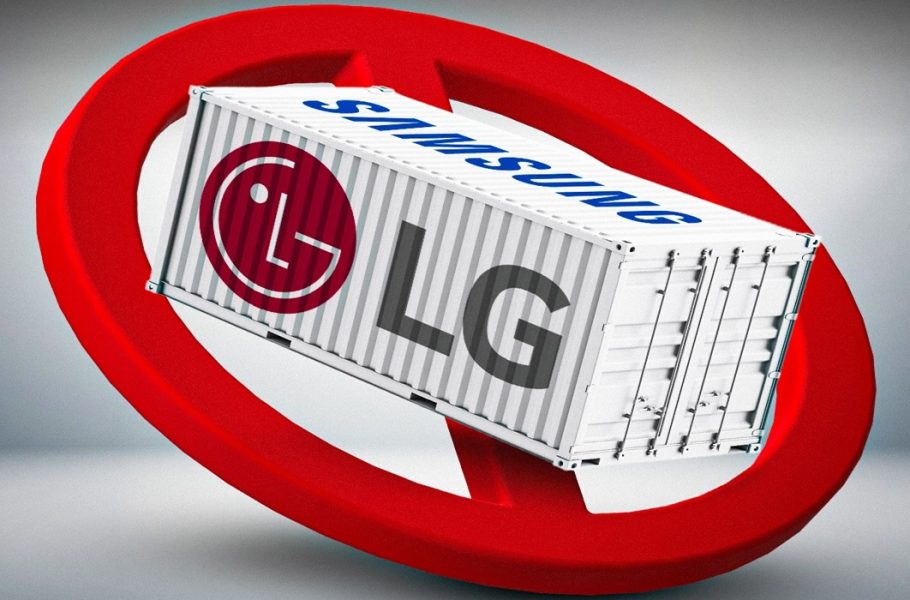
Iran lifts foreign goods import ban; LG, Samsung still barred
The Iranian government has officially lifted its ban on the import of foreign goods that have domestic equivalents, marking a significant shift in trade policy.
The Iranian government has officially lifted its ban on the import of foreign goods that have domestic equivalents, marking a significant shift in trade policy.
This decision comes after the expiration of the Sixth Five-Year Development Plan, which previously enforced the restriction, and the absence of a similar clause in the newly adopted Seventh Development Plan.
While the removal of the ban has sparked speculation about the potential return of South Korean home appliance brands like LG and Samsung to the Iranian market, industry experts confirm that these products remain prohibited under a separate and binding directive issued by Iran’s Supreme Leader.
The legal basis for the change stems from Article 22 of the Permanent Provisions of Development Plans, which prohibits non-tariff and non-technical barriers to imports. With the expiration of Article 16 of the "Maximum Utilization of Domestic Production and Services and Support for Iranian Goods" law—the regulation that originally barred imports of foreign goods with local alternatives—the government has effectively reopened the door to many foreign products.
However, the Korean home appliance sector remains an exception. Ehsan Fadaei, founder of the economic news platform Cafe San’at, emphasized that the recent policy shift does not affect the standing ban on LG and Samsung products. "This decision has no connection to the Supreme Leader’s order restricting Korean home appliances," he stated, adding that the market impact would be minimal since other foreign brands hold a negligible share in Iran’s major appliance segment.
The ban on LG and Samsung dates back to 2018, when U.S. sanctions prompted the two South Korean giants to exit the Iranian market. In 2021, Iran’s Supreme Coordination Council of the Three Branches extended the import prohibition, and later that year, the Supreme Leader intervened with a decisive order to uphold the restriction. The directive cited concerns that allowing these imports would undermine Iran’s domestic manufacturers, which had only recently begun to stabilize.
As a result, while the broader import landscape has loosened, the specific ban on LG and Samsung home appliances remains firmly in place, reflecting the Supreme Leader’s prioritization of protecting local industry over consumer access to global brands. The distinction highlights the unique interplay between economic policy and political directives in Iran’s trade ecosystem.












